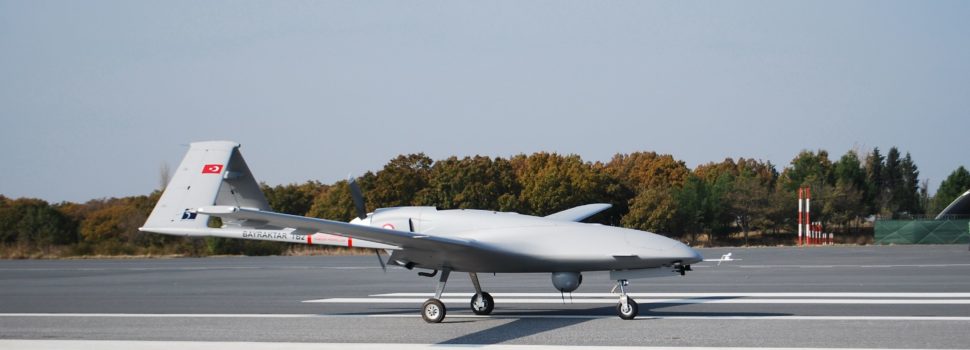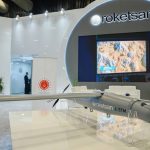Turkish combat drone maker Baykar hopes “soon” to be able to counter “kamikaze” drones in Ukraine, such as the Russian-operated Iranian drones recently threatening critical infrastructure, the company’s CEO told dpa.
“Soon our Bayraktar TB2 and Akıncıs will have air-to-air missiles; not only to engage drones but other enemy aircraft … we are doing our tests,” Haluk Bayraktar said during a defence fair in Istanbul.
The Ukrainian army have largely been successfully using Baykar’s TB2 drones against the Russian invasion since February.
However, the recent introduction of Iranian ” Shahed-136″ drones by Moscow has complicated the situation for Kiev.
Ukrainian President Volodymyr Zelensky has warned against a “large-scale disaster” should the wave of kamikaze attacks on energy facilities continue through winter.
“In any case you need to be ready with your counter measures … We fully support Ukraine to defend their sovereignty,” Bayraktar said.
The kamikazes are slow, noisy and deployed at low altitudes, making them “easy targets,” Bayraktar argued.
Bayraktar, who holds a Ukrainian state medal, said his company looks to cement cooperation with Kiev, including launching a production facility in Ukraine within a year.
The plant will also manufacture Baykar’s soon-to-be-launched jet-powered drone ‘Red Apple’, Bayraktar told dpa.
Russian criticism against Baykar had spiked in particular after reports of TB2’s alleged role in helping Ukraine sink the flagship missile cruiser Moskva in April.
Bayraktar himself was reportedly targeted by Russian intelligence, using deep fake technology.
“Unfortunately such things happen … but we are a huge team, we focus on our targets, not other noises,” Bayraktar said.
“We hear such reports of TB2’s role,” Bayraktar said of the Moskva incident.
He acknowledged that Ukraine recently became world’s first country to engage the TB2 in a naval mission, but did not elaborate.
The TB2 has gained global fame and became an export hit for Baykar since 2018, following successful operations in northern Syria, Libya, Nagorno-Karabakh and lately Ukraine.
The drone reportedly initially used components made in the US, Canada and Europe, including Germany, pushing some lawmakers in NATO allies Germany and the US to call for restricting technology transfer to Baykar.
Today, 93 per cent of TB2’s parts are locally made, the firm says, adding the TB2 is exported to 24 countries from Africa to central Asia and Europe, bringing in a 1 billion dollar surplus.
Bayraktar said he disagrees with criticism that “dronification” lowers the threshold for war.
He argued that the drone technology rather helps “eliminate collateral damage” thanks to advanced precision and surveillance.
Strong trade partners like Turkey and Germany should therefore dispel such concerns and focus on defence cooperation instead, Bayraktar said.
Germany has “limited” defence capabilities but it would benefit Berlin if they coordinated better with Turkish counterparts, he added.
Ergin Hava and Anne Pollmann
Source: TNS



